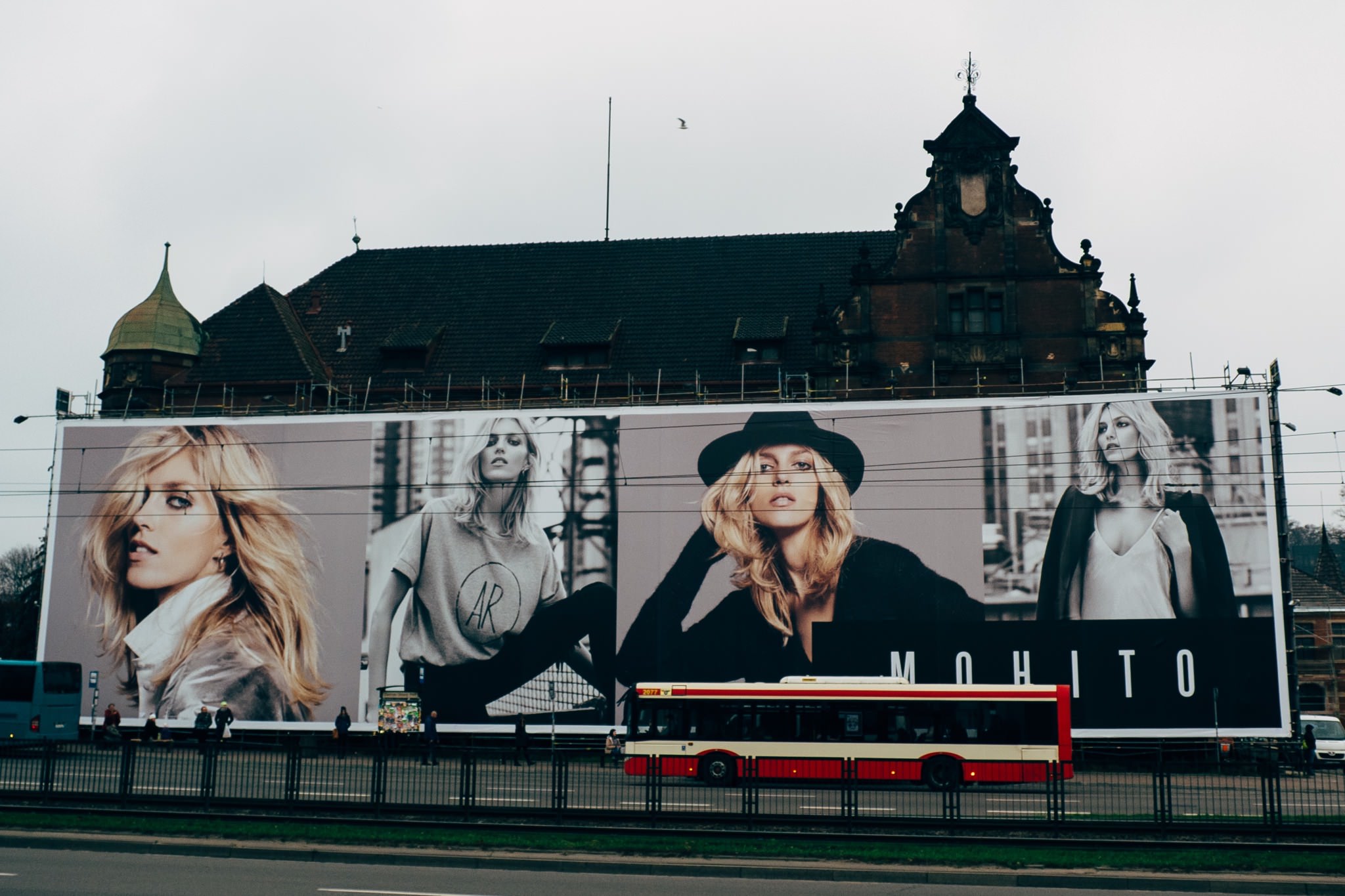Poland is a country in the centre of Europe. It has access to the Baltic Sea and is surrounded by Germany, the Czech Republic, Slovakia, Ukraine, Belarus, Lithuania and Russia. Four of these states, like the Rzeczpospolita Polska, are part of the European Union. With 38.5 million inhabitants, Poland is the sixth most populous country in the European Union.
Polish cuisine is influenced by the eastern cuisines of neighbouring countries, but traces of Central European and Scandinavian cuisines can also be found. It can be very rich and, depending on the cook, very meaty.
One of the national dishes are Pierogi, semicircular filled dumplings. Most common varieties found in Poland are Pierogi with cabbage, onions and mushrooms and Pierogi with potatoes, onions and cheese. They are also available in a sweet form filled with sweet white cheese or blueberries. Another national dish is Bigos, a stew with sauerkraut, white cabbage, meat, sausage, mushrooms, carrots and spices and Barszcz, a beetroot soup.
Each Pole has a imię (given name) and a nazwisko (surname). In most cases, the first name of Polish women ends with an “a”. For male first names, the last letter is usually a consonant.
Polish toddlers can be given a maximum of two first names, these may not be grotesque or coarse, cannot be an short form of a name and must clearly indicate the gender.
As in other Slavic languages, a corresponding ending can be added to the surname of a female carrier. Mr. Kowalski’s wife’s name would be Kowalska, for example.
However, the most popular last name in Poland does not end with a -ski. More than 200,000 people in Poland bear the surname Nowak. The name is used by both women and men and is also number one in the Czech Republic (Novák) and Slovenia (Novak). It is derived from the Polish word for “nowy” and can be translated into “new man” or “stranger”.

